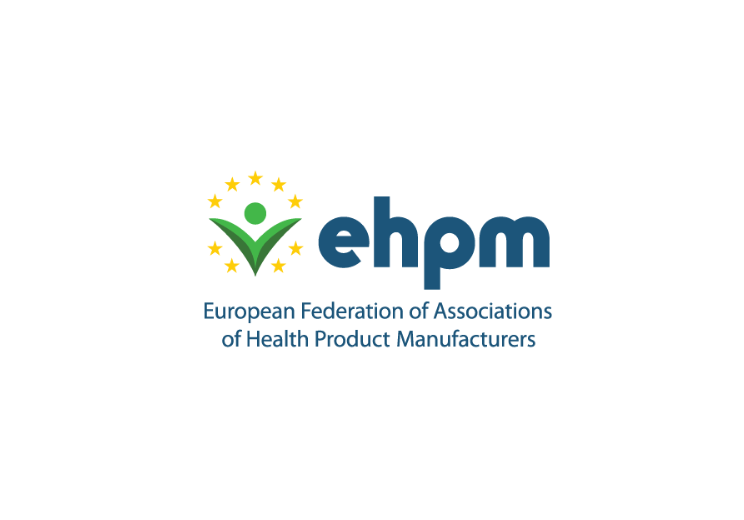EHPM launched its impact assessment “20 Years of the Food Supplements Directive: Major Achievements and the Way Forward“, during EHPM’s celebratory event held in the European Parliament on 14 June 2022.
2022 marks the 20th Anniversary of Directive 2002/46/EC of the European Parliament and of the Council of 10 June 2002 on the approximation of the laws of the Member States relating to food supplements, the so-called ‘Food Supplements Directive’. The development of this game-changing directive, which laid the foundation of the current regulatory framework for food supplements in Europe, was possible also thanks to a frank dialogue between authorities, institutions, experts from the sector and European stakeholders including the European Federation of Associations of Health Product Manufacturers (EHPM).
20 years after its adoption, during the EHPM High-Level Event held in the European Parliament on 14 June 2022, EHPM published its impact assessment “20 Years of the Food Supplements Directive: Major Achievements and the Way Forward“, recognising the achievements of the Directive and ongoing challenges for the food supplement sector, as well as outlining EHPM proactive approach to address these challenges.
The Food Supplements Directive is the cornerstone of the European regulatory framework for food supplements. In fact, it defined food supplements, set safety rules for vitamins and minerals and other ingredients with a nutritional and physiological effect in the European Union and regulated several aspects of the products’ lawful circulation. The Directive contributed to providing consumers with detailed information through labelling and allowing a better control of the sector and high quality of the products on the market. It also recognised the role of food supplements in supporting consumers’ nutrition and health.
Although the harmonisation process begun in 2002 bore important fruits, the full harmonisation of the European regulatory framework sought by the Food Supplements Directive is yet to be achieved. For instance, the European harmonisation of maximum and minimum levels for vitamins and minerals has only recently seen re-energised momentum. Besides, the lack of a harmonised proportionated methodology to the assessment and authorisation of botanicals health claims, as well as the lack of a harmonised proportionate approach to the use of the term “probiotic”, also hold uncertainty for the industry and consumers, as well as falling short of the aspirations and objectives of the Food Supplements Directive.
“Addressing the challenges that the food supplement sector is facing is crucial to allow the full operation of the internal market and guarantee consumer safety as well as consumer choice. In order to achieve these objectives a constructive and transparent dialogue between regulators and stakeholders is essential“, says EHPM Director General Livia Menichetti.
The EHPM impact assessment “20 Years of the Food Supplements Directive: Major Achievements and the Way Forward” is available for download here.



